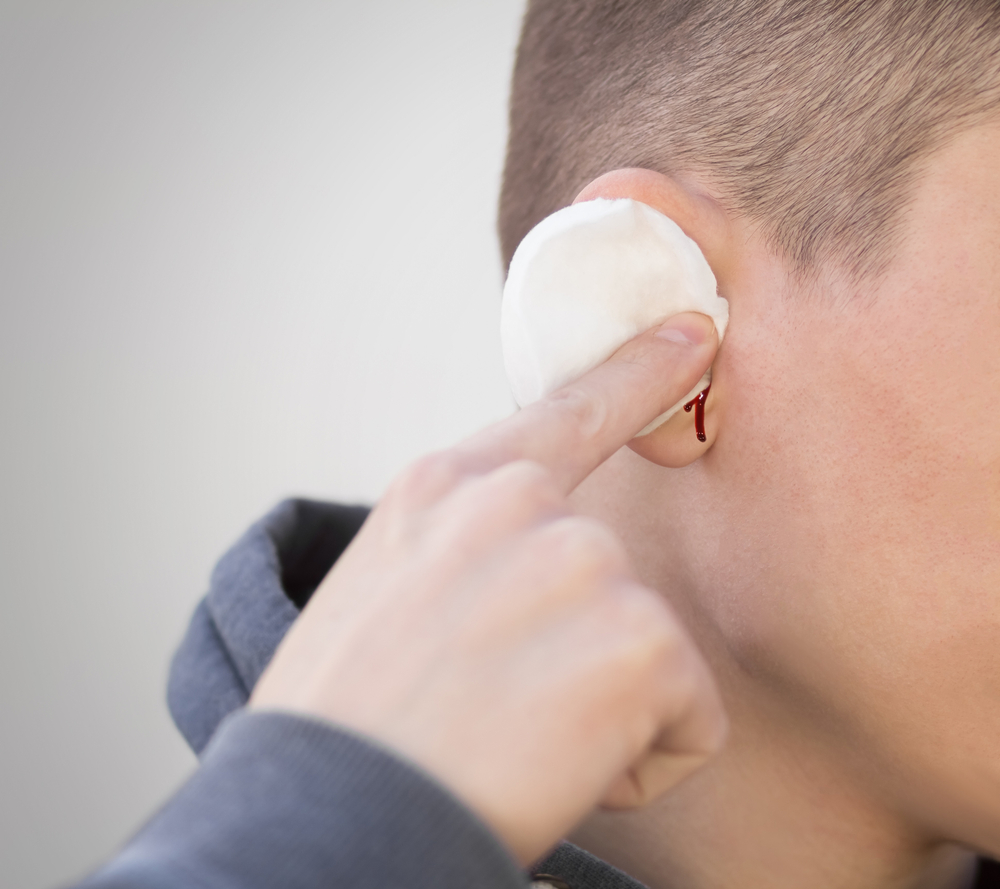Can your ears predict the future? You’re probably dismissing the notion as nonsense right this second. But stranger things have been true. And some new medical research seems to indicate that, in a way (in a very metaphorical way), your ears are connected to your future.
This new research, published in the Annals of Internal Medicine, indicates that your hearing health may, in part, predict your near-term mortality. The better your hearing, the lower risk of near-term mortality you may experience.
A clearer picture of risk
We’ll admit that assessing mortality risk isn’t the same thing as predicting the future (your ears won’t be providing you with winning lottery numbers, unfortunately). Additionally, hearing health is one factor that can indicate your near term mortality risk. But that doesn’t mean it’s not an important factor.
This particular set of researchers found that when they looked at all the typical health markers (blood pressure, hemoglobin, heart rate–that kind of thing), they got an effective but imperfect picture of one’s near-term mortality risk. However, when those same researchers added some new criteria, including hearing health and mobility, the risk picture became significantly clearer.
That indicates hearing health has at least some impact on your overall near term mortality risk. In other words, your hearing is a significant health indicator that should not be ignored. In fact, research in the last few years has found surprising associations between your hearing and overall health. Hearing treatments, then, should take on new urgency.
One factor among many
The degree of hearing loss you may experience is only one health factor among many. Your blood pressure, cholesterol, tobacco use, and overall health–are all factors that are going to weigh heavily on your mortality risk one way or the other. This new research isn’t meant to imply that hearing health is some kind of silver bullet. Instead, these findings simply suggest that the relationship between health and hearing is worth paying special attention to.
And that makes sense. Hearing loss has been linked to several other long term health issues (especially mental health issues). For example, hearing loss may increase your risk for cognitive decline, depression, anxiety, and even dementia.
But the cause and effect relationship between hearing loss and near-term mortality isn’t well established. For example, we know that it’s possible for hearing loss to lead to depression. For all we know, the depression may diminish your desire to exercise which, in turn, can lead to further risks. This is just an example, of course, but it illustrates how the relationships between all kinds of health conditions quickly get muddy. That makes it tough to tell what role hearing loss plays, specifically.
Hearing loss and mobility
The presence of a relationship is why researchers suggested adding hearing loss and mobility to the tools that medical professionals are already using to assess near term risk. If you have untreated hearing loss and have a tough time moving from a sitting to a standing position, your risk of mortality appears to go up (at least, under this new rubric).
Thankfully, it’s not like you’re entirely powerless. If you know you have an increased risk (which, you know, is the whole reason we create these assessments in the first place), you can start changing behavior to decrease those risks:
- You can start by seeing a hearing specialist, who will be able to help you assess your hearing loss.
- You may want to start wearing a pair of hearing aids. There’s plenty of evidence to suggest that treating your hearing loss can help lower your risk of all kinds of associated issues, such as depression and dementia.
- You can take steps to protect the level of hearing you have left.
- You can often slow the progression of your hearing loss and therefore keep related symptoms from growing worse.
- And you can start exercising (or physical therapy if necessary) to increase your mobility
Your ears are important–you should listen to them!
This new risk assessment paradigm certainly indicates one thing: your ears are important (and your hearing is too). So if your hearing is still firing on all cylinders, now might be a good time to think about whether you’re taking adequate steps to protect what you have. For example, wear earplugs when you go to loud spaces.
And if your hearing has begun to wane, well, it’s never too early to think about finding an effective treatment. Your ears might not be able to predict the future after all. But tai chi and hearing aids just might be important to shaping that future.



